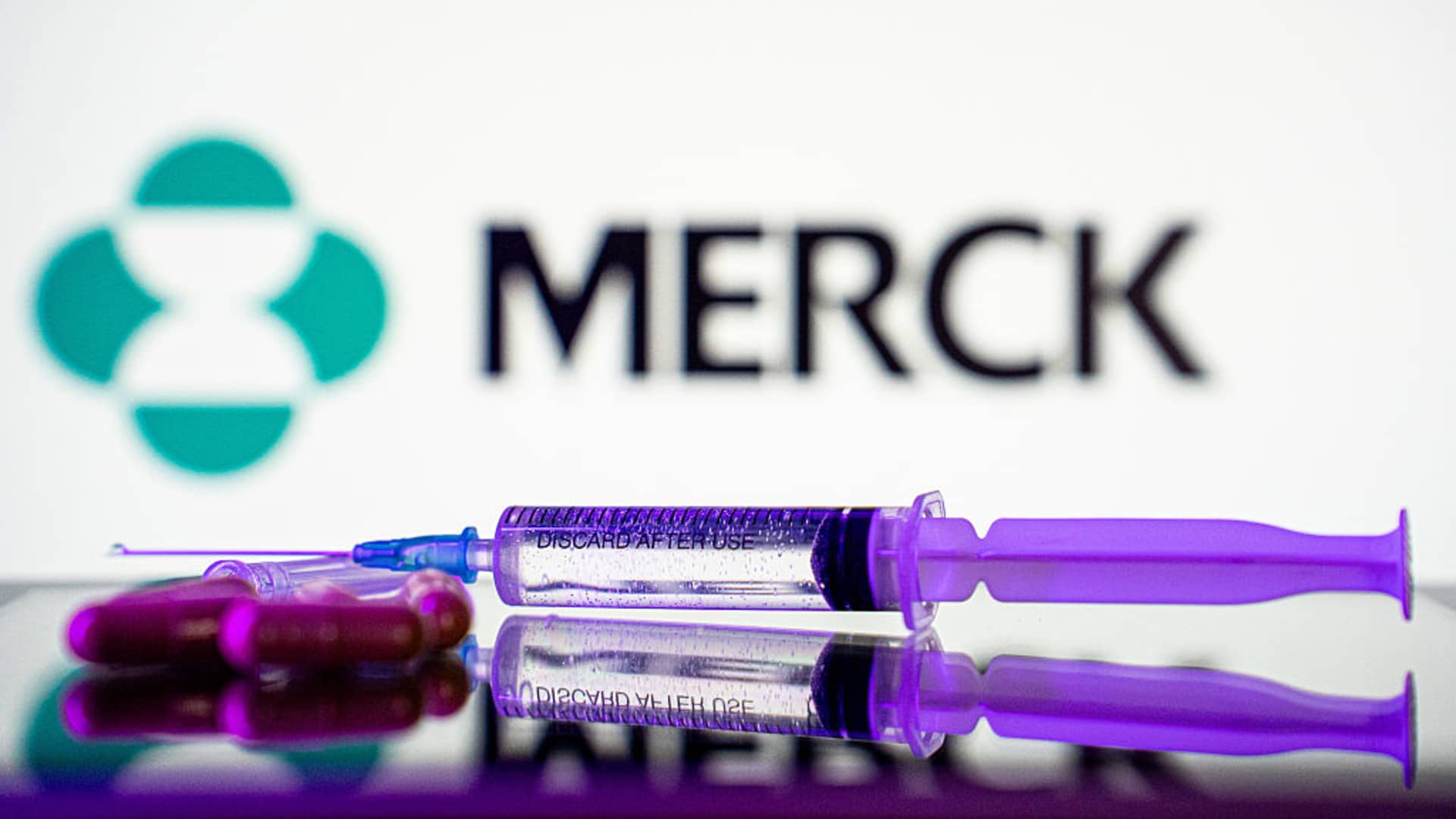In a surprising turn of events, Robert F. Kennedy Jr., a figure long associated with vaccine skepticism, now oversees a newly reconvened federal vaccine advisory panel. This committee, filled with Kennedy’s appointees and under intense scrutiny, recently voted to recommend Merck’s new RSV antibody shot for infants. The decision has both unsettled and reassured observers, particularly parents and public health professionals. The move raises critical questions: What drove this committee to endorse Merck’s product? What data shaped this decision? And what might it mean for the future of pediatric immunization in the United States?
The Urgent Need for RSV Prevention
Respiratory Syncytial Virus (RSV) has long been a significant threat to infant health, particularly during the winter months. According to the Centers for Disease Control and Prevention (CDC), RSV hospitalizes up to 80,000 children under five annually in the U.S., with infants under one year old facing the highest risk. For many years, pediatricians have lacked effective preventive measures beyond basic hygiene and a costly drug for premature infants. The absence of a reliable solution has left parents and healthcare providers frustrated and vulnerable.
The Science Behind Merck’s Breakthrough
Merck’s RSV antibody shot represents a significant advancement in pediatric care. Unlike traditional vaccines, this product is a long-acting monoclonal antibody administered as a single injection to infants before their first RSV season. Instead of stimulating the immune system to produce antibodies, the shot delivers pre-engineered antibodies that provide immediate protection for several months.
Clinical trials presented to the advisory committee demonstrated a 47% reduction in RSV-related hospitalizations among infants up to two months old who received the shot. The safety profile was also robust, with side effects being mild and temporary. For a disease with few preventive options, this breakthrough offers a much-needed solution.
The Panel’s Decision: Evidence Over Ideology
The advisory committee’s recommendation was particularly noteworthy given Kennedy’s controversial history and the composition of the panel. Many feared that the committee, which includes some vaccine-skeptical members, might reject or delay the approval of new vaccines. However, the committee voted overwhelmingly to recommend Merck’s shot for all infants aged eight months and younger who were approaching or in their first RSV season.
Several factors influenced this decision:
Even panel members known for their cautious stance on vaccines acknowledged the strength of the data and the lack of viable alternatives.
Challenges and Future Considerations
While the recommendation is a significant step forward, several challenges remain. The CDC and insurance providers must finalize guidelines, and pediatricians need clarity on reimbursement and supply. Logistical hurdles, such as distributing and tracking the new monoclonal antibody, will likely arise, particularly in diverse pediatric settings. Additionally, equity concerns persist: Will children in rural clinics have the same access as those in urban centers? Will uninsured babies receive the necessary protection?
Implications for Kennedy’s Legacy
Kennedy’s leadership of the federal vaccine advisory process has been met with skepticism and concern. His decision to replace longtime panelists with outsiders and self-described skeptics has divided public health experts, who worry about future decisions on more contentious immunizations. However, the RSV vote complicates the narrative. Instead of blanket obstruction, Kennedy’s committee delivered an evidence-based, mainstream response to a major pediatric health threat.
Whether this decision signals a new era of pragmatic, data-driven decision-making or is merely an anomaly remains to be seen. The coming months will be critical in determining whether this panel can maintain consistency and objectivity in its evaluations of other vaccines.
A Reassuring Step Forward
The recommendation of Merck’s RSV antibody shot for infants is more than a technical endorsement—it offers hope to parents and healthcare providers alike. The decision suggests that, at least in this instance, facts outweighed partisanship, even with a famously contrarian figure at the helm.
Moving forward, equitable rollout, tracking outcomes, and maintaining a commitment to evidence will be essential. The unexpected alliance of Kennedy’s panel and mainstream medical opinion represents a rare moment of unity in a polarized era of American health policy. For now, it is a reassuring win for the youngest among us.

